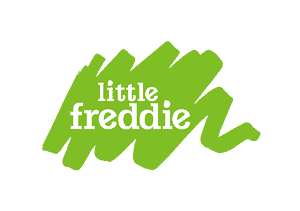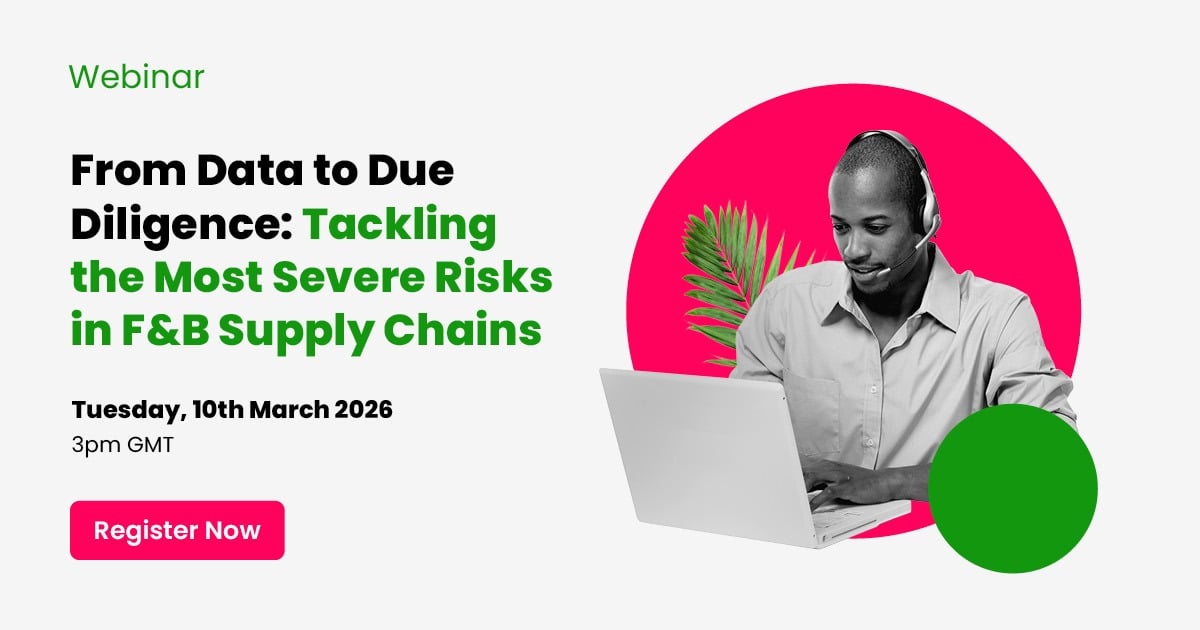
How Little Freddie is using Sedex to support pineapple farmers in Madagascar
Little Freddie is a premium organic baby food brand that specialises in supplying and distributing baby food products to retailers across the globe. Their current portfolio is comprised of over 70 EU certified organic products including fruit and vegetable purees, meals, snacks and cereals.
Little Freddie joined Sedex in 2018 to ensure they were partnering with reputable suppliers that would not only meet legal requirements but share their values on enhancing the welfare of workers and safeguarding good working conditions.
Identifying risk
Little Freddie used Sedex’s risk assessment tool, Radar, to review countries’ inherent risk ratings and recognise specific risks they should be aware of when sourcing from these countries.
Sedex’s risk assessment tool then enabled Little Freddie to track the risk rating of its suppliers and helped to identify its Madagascan pineapple supplier, HavaMad, as a good place to focus its support and resources.
HavaMad had a high-risk score within Sedex’s risk tool due to its location but also because of the economic difficulties affecting businesses across Madagascar. The data from the Sedex platform supported Little Freddie to review their relationship with HavaMad and look for opportunities to reduce this risk.
Little Freddie’s programme
In November 2019 a three-year project was initiated to train the smallholder farmers in good agricultural practices and innovative techniques. By employing a more sustainable farming method, HavaMad’s farmers can potentially increase yields from 3 tonnes-per-hectare (T/ha) to more than 60T/ha.
To achieve this target, farmers underwent training on how to increase the quality and quantity of production. Training was conducted via workshops and practical field training across three demonstration plots that were built as part of the project.
Little Freddie aims to ensure that over 80% of the farmers understand what they have learnt and for 50% of them to apply the new skills and knowledge to their own farming practices.
What results have been achieved?
The first workshop took place in February 2020 with 57 farmers participating. Despite a delay due to COVID-19, 124 farmers have now taken part in the project. During one workshop Little Freddie interviewed several of the participants to ask about their experience and how the project could help them, you can watch the video below.
What is the future of the initiative?
One of the key objectives of the project is to increase supply volumes without expanding the current production area. This ensures the ecological balance within the soil is maintained and not disturbed by fertilisers or pesticides, which goes against the principles of organic farming.
As the farmers adopt these more sustainable farming methods, making more efficient use of the land, it will free up space to grow more crops, therefore generating additional income. This will provide these farmers and their families with the opportunities to build more prosperous lives.



